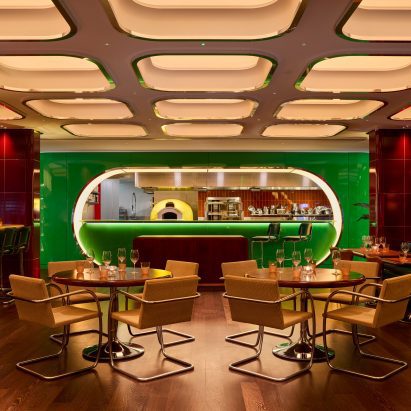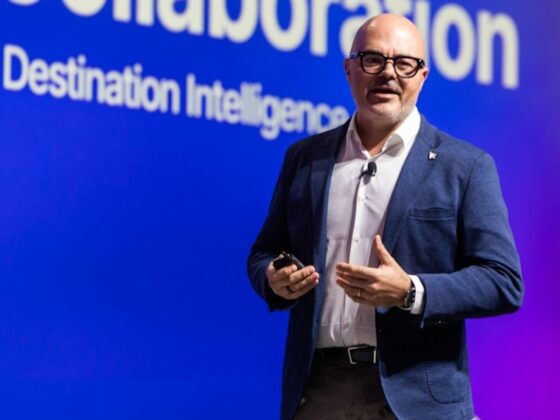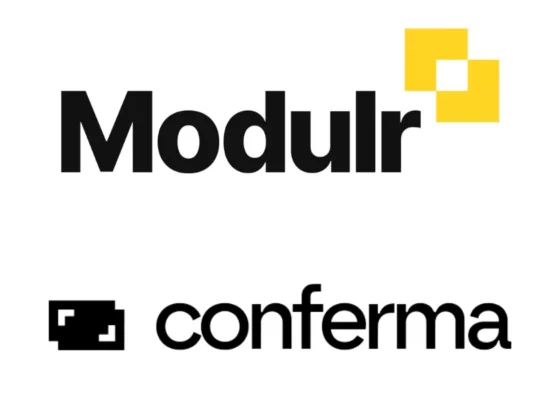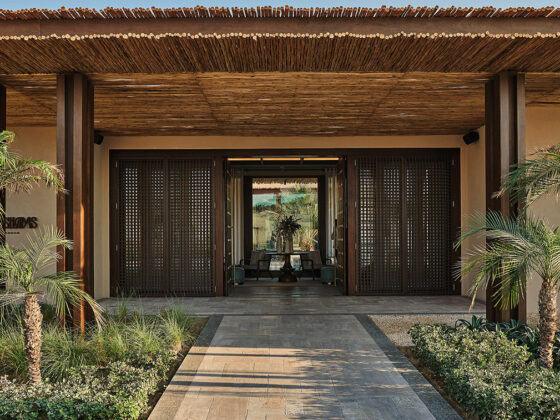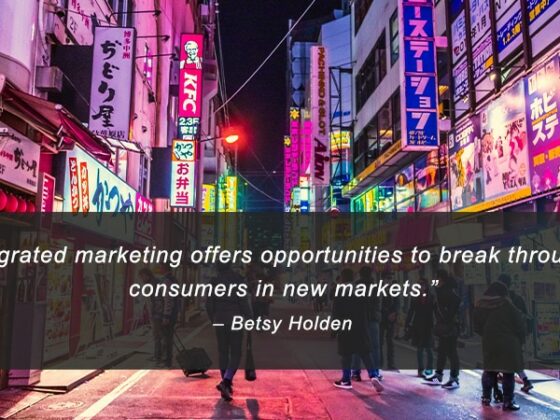Transcript
Rami: It’s hard to start a company. And so when you need to do something hard and challenging, you need a really strong motivator. Personally, I grew up in Minnesota to Lebanese immigrant parents and didn’t fit in; I didn’t feel like I really belonged. And really what I fundamentally saw, by the way, I had a really privileged life relative to a lot of people. So what I found is people that. got out of Minnesota and traveled had a better sense of their belonging in the universe as well as mine and other people’s. And I think travel, especially this day and age, is about discovering your universal belonging and discovering where you fit in the universe and where everyone else fits. And when you understand that positioning and belonging, you feel safer more comfortable taking risks, more comfortable interacting with new people. And that really brings your life a lot of meaning and value. I think that’s the beauty of travel. Of course, there’s business travel and all that good stuff. But fundamentally, that’s what I’m really passionate about. And I think that’s why it’s valuable to the universe.
Josiah: Tell me a little bit about the role of hospitality and maybe hotels specifically in that broader ecosystem. What is the unique opportunity of a hotel to enable this belonging?
Rami: Well, hotels are complex. I think it’s really easy sometimes to think about a hotel as like the best guest experience. But at the end of the day, it’s a piece of real estate. And within that real estate, you have to deliver a guest experience and make money on delivering that guest experience. Hotels are a complicated business to solve and especially to scale because of that real estate complication. I think, look, I’m a little biased because we focus in small, medium-sized, independent hotels. I think the role of hotels differs. In some hotels, you need to cater to a business traveler. In some hotels, you need to cater to an outdoor leisure traveler. Each hotel is a business with its own demographic of target customers and business goals. And I think that is what makes it challenging to scale. And so each hotel has a different role to play fundamentally. And I think where we’re excited about the independent hotel space is because every hotel is different. We’re less focused on how do we build a scalable, consistent hospitality experience, but how do we make operating a hotel, no matter what that experience is really easy so that the people on the ground can deliver whatever that role should be. If it’s an outdoor hotel or if it’s an outdoor oriented activity hotel or if it’s a luxury hotel or if it’s a business hotel, I think software enables you to solve the mundane, repetitive, redundant stuff so that that unique stuff can stay intact. And I think we like to think about it as how do we make a hotel so easy to operate that it’s as easy to operate as an Airbnb? Meaning every host, you know, I think has their own little gadgets and welcome notes and little hospitality amenities and like anybody can be an Airbnb host. How do we make small independent hotels as easy to do the same?


